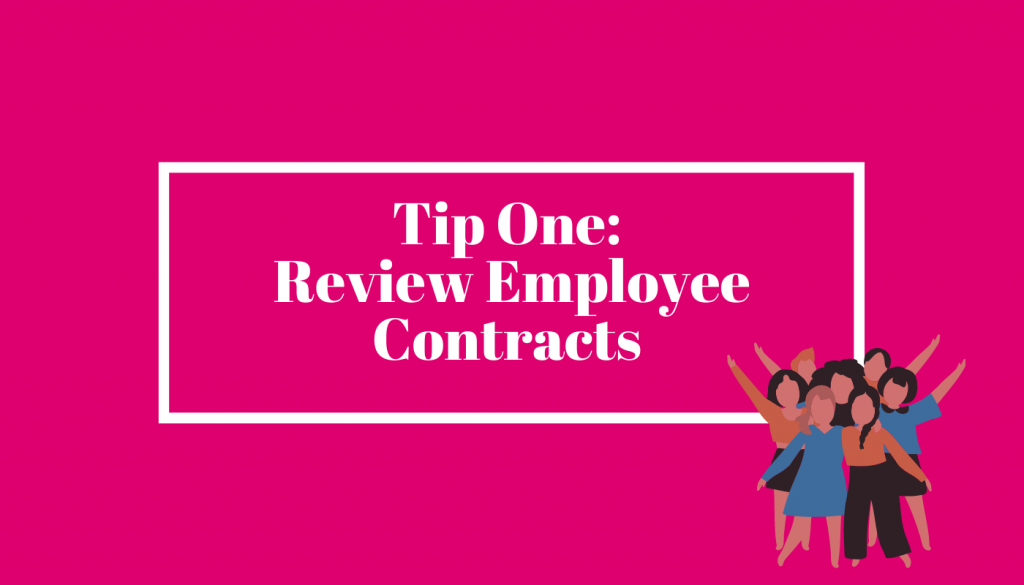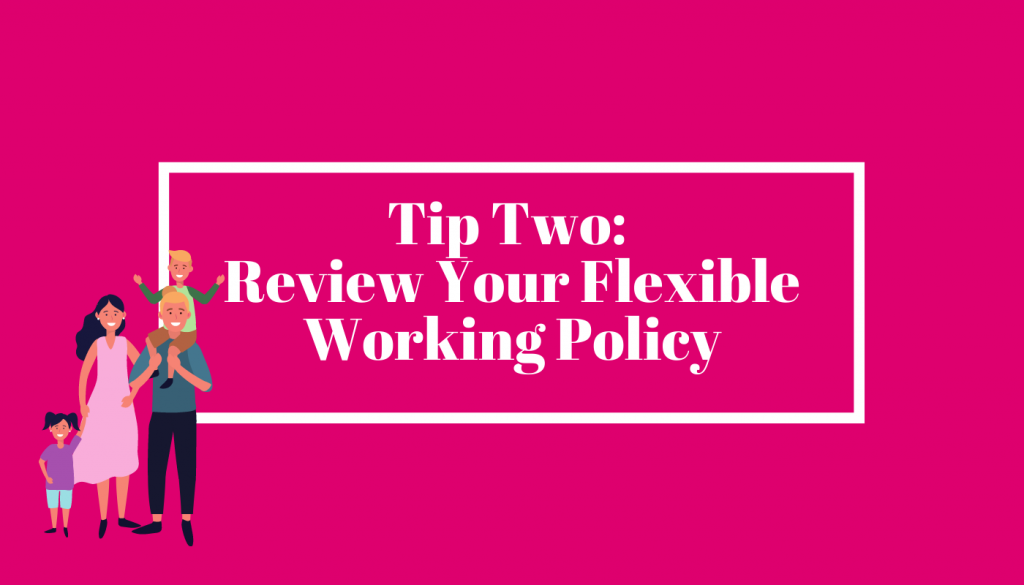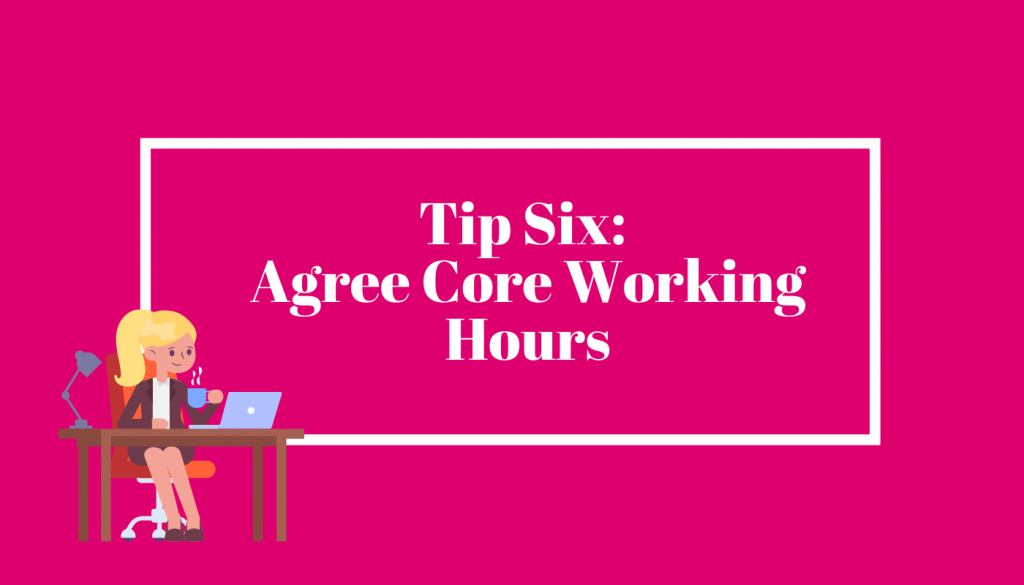Whether it is staggering start and finish times to reduced prolonged contact time, introducing short term working due to reduced business needs or flexible working to enable employees to meet child care commitments, a number of employers are having to think differently about how their business operates and the working patterns of their employees.
Whilst businesses should seek professional advice to ensure decisions are legal and in line with employment law such as ensuring any decision around working from home/reduced hours is not discriminatory below are a few tips on considerations you may need to make as well as tips on making different working patterns work.

Knowing what your employment contracts state enables you to make decisions based on what has already been agreed and understand where a ‘temporary change of contract’ may be required and therefore agreement needed from the individual (e.g. short time working).

Do you need to enhance your flexible working policy to meet current and future needs of your business and employees? Flexible and agile working has moved beyond formal agreements to reduce working hours. Policies now need to reflect informal, temporary and permanent changes to working hours, patterns and location of work. The should also promote a fully inclusive environment that meets the needs of the individual and business.

Engage with employees to establish what their needs are and works well for them. Where possible, involve them in the decision making process. You also need to have a clear business rationale behind any decision that impacts working hours and/or working patterns and communicate these to your employees.
Continue to talk with employees to review success of changes to working patterns and adjust where necessary.

Traditionally, many businesses (and managers) take a time-based and ‘presentism’ approach to work and performance assessment. With high numbers of individuals needing to work from home and many rethinking about work and domestic working patterns adjusting, a move to a more outcome based approach promotes a more productive and healthy working environment. To help with this, managers should:
- Set clear objectives and tasks that can be measured, moving away from a time focus
- Agree ‘contactable hours’ where individuals commit to being visibly online and/or available for calls
- Accept that working 9-5 is now not the norm. Many individuals may choose to start work earlier/finish later to enable them to deal with domestic responsibilities or personal activity (such as exercise)

Utilise tools such as out of office messages, calendar’s and answer phone messages to advise people of working patterns and reduce levels of frustration when uncontactable.

Having core working hours (e.g. 11:00 – 14:00) and enabling teams to arrange their working times around this gives flexibility whilst having some consistency where all employees are available for meetings.


